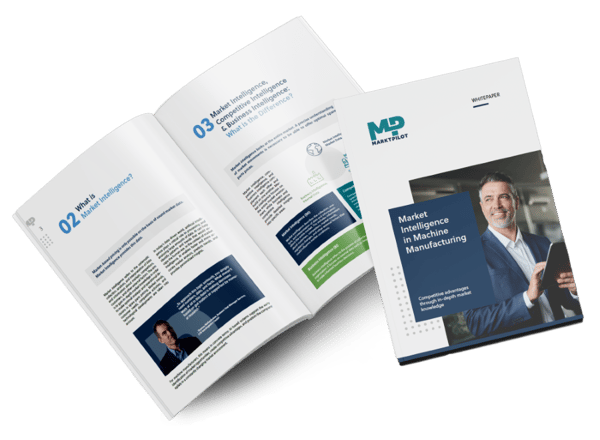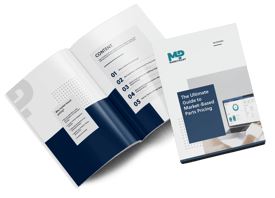AI Pricing in Machine Manufacturing
Uncover the definition of AI pricing, explores the factors influencing it, the challenges faced, and provides insights into the future of AI pricing in machine manufacturing.

CONTENTS
1 - Definition of AI Pricing
2 - Factors Influencing AI Pricing
3 - Overcoming Challenges in AI Pricing
4 - The Future of AI Pricing in Machine Manufacturing
5 - Example of AI Pricing
Definition of AI Pricing
AI pricing refers to the process of determining the cost associated with implementing and utilizing artificial intelligence solutions within the manufacturing process. It involves assessing various components such as software development, hardware requirements, maintenance, and ongoing support.
Clear and transparent pricing models help machine manufacturers customers understand the breakdown of costs. This transparency fosters trust and enables informed decision-making.
Offering scalable pricing options allows manufacturers to start with basic AI solutions and scale up as their needs evolve. This flexibility accommodates budget constraints and aligns with the growth of the business.
Providers can overcome pricing challenges by educating manufacturers about the value of AI and providing consultation services. Understanding the long-term benefits can justify the initial investment.

The Future of AI Pricing in Machine Manufacturing
As AI continues to evolve, the future of AI pricing in machine manufacturing is poised for several developments.
Predictive analytics and advanced algorithms will refine pricing models, ensuring better accuracy.
Additionally, increased competition in the AI market may drive prices down, making these transformative technologies more accessible to a broader range of manufacturers.

Example of AI Pricing
Data Collection and Analysis
The AI system collects vast amounts of data from various sources, including historical sales data, market trends, competitor pricing, customer demographics, and economic indicators.
Dynamic Pricing Model
Based on the insights gained from data analysis, the AI system develops a dynamic pricing model. This model continuously adjusts spare parts prices in real-time to reflect changes in market conditions, demand-supply dynamics, and other relevant factors.
Optimization Strategies
The AI pricing solution employs optimization strategies to maximize revenue and profitability while remaining competitive in the market. It can set optimal price points for different spare parts based on their demand elasticity, production costs, and strategic objectives.
Navigating the landscape of AI pricing in machine manufacturing requires a comprehensive understanding of the factors influencing costs and the strategies to overcome challenges. As the industry progresses, transparent pricing models, scalable options, and educational efforts will play a crucial role in fostering the widespread adoption of AI technologies among machine manufacturers. Keeping abreast of these trends will empower manufacturers to make informed decisions and leverage the full potential of AI in their operations.

Communicating Price Adjustments
The PRICERADAR identifies opportunities in your parts pricing - realizing these potentials means adjusting prices.

Overview of Parts Pricing Strategies
Competing in today's marketplace requires a parts pricing strategy that is in line with what the market will bear...

Guide to Market-Based Pricing
Discover how to sustainably increase your revenue with market-based spare parts pricing.